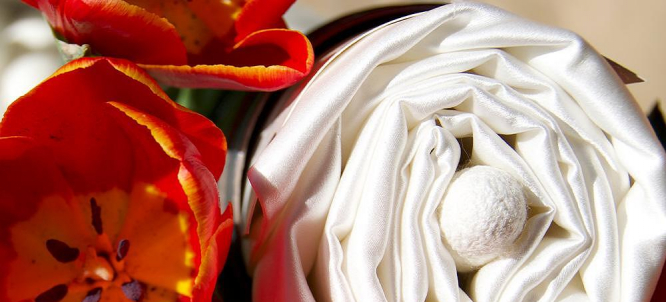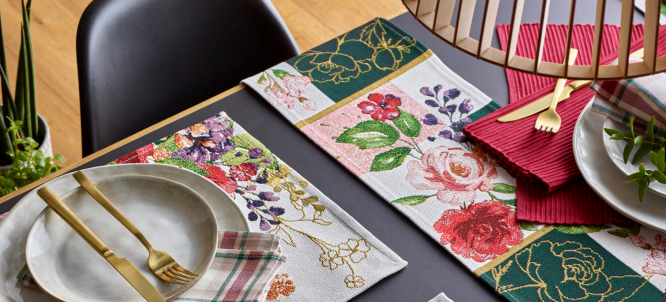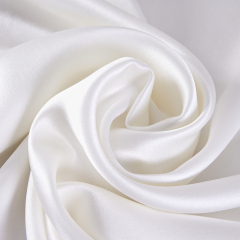It’s time to indulge in all that’s good about the winter months. Say no to social events, hunker down in front of the fire (or the radiator), eat hearty stews, and gallop through as many box sets as humanly possible.
Here are some underused, winter-y words to get you in the mood for hibernation.
1. Hygge
The Danish word "hygge" has recently exploded in popularity around the world. It loosely translates as "cosiness", but hygge means so much more than that: it’s the defining characteristic of Danish culture.
Shortlisted for Oxford Dictionary’s word of the year in 2016, it’s defined as "a quality of cosiness and comfortable conviviality that engenders a feeling of contentment or well-being".
Hygge is: the glow of candlelight, a warm atmosphere, oversized scarves, woolly blankets and enjoying good food and heartfelt conversation with friends and family. In short, it’s the perfect approach to life in the deep mid-winter months.
2. Gelid
Is it so intensely cold outside that you can’t feel your fingers? Then the word you need is "gelid" When "chilly", "nippy" and "brisk" just don’t cut it, try "my gosh, it’s gelid". From the Latin "gelidus", it means icy, frosty, or "it’s so cold, I need a water bottle immediately!"
3. Cosy
Of course we all know what "cosy" means, but where did the word come from? It’s likely that it started out as the Old Scots word "colsie", which could be Scandinavian in origin. The Norwegian word for cosy is "koselig" and "kose seg" means to "enjoy oneself", "bask" or "be cosy". The Scottish poet Robert Burns used the word in 1786: "Then canie, in some cozie place, they close the day."
4. Snug
What better way to spend a chilly winter's day than snuggled up, feeling snuggly, in the snug bar of your favourite pub? “Snug”, like “cosy”, might be yet another word we've borrowed from our Scandinavian friends. The nautical term, to make a ship snug (compact or trim) by securing it's sail, to protect it from stormy weather, could come the Swedish word “snygg”, meaning neat or trim, or from the Old Danish word “snøg”. (Not to be confused with “snog”, meaning full-on kiss.)
5. Apricity
Now here's something we all appreciate on a frosty morning: “apricity” is a now obsolete word that means “the warmth of the sun in winter”. For example: “The apricity of today's sun feels like a warm blanket.” It was in 1623 that lexicographer Henry Cockeram recorded (or invented) the word apricity in his book The English Dictionarie: Or, An Interpreter Of Hard English Words. Sadly, it never stuck around. Perhaps it's about time we brought it back.
6. Hunch-weather
A wonderfully evocative and underused phrase is “hunch-weather”. An old 18th-century word, it can be used to describe weather – like rain, drizzle, strong winds or hail – that makes a person hunch their shoulders when they walk outside. Something the average Brit is all too familiar with!
7. Frore
Another archaic but wonderfully descriptive word for “frosty” or “frozen” is “frore.” The poet Rupert Brooke used it to great effect: “My heart all Winter lay so numb, the earth so dead and frore, that I never thought the Spring would come, or my heart wake any more.” We”ve all been there, Rupert.
8. Hunker down
Winter is all about hunkering down in front of a heat source, ideally with a duvet, and not moving until strictly necessary. Could this be yet another word we've sourced from Scandinavia? The Old Norse “huka” means to crouch or squat. However, “hunker down” was a Southern United States dialectal phrase – a dialect that was popularised by Texan President Johnson in the mid 1960s.
9. Hibernaculum
Bears and other hibernating beasts have it sorted, don't they? Why hang about in the cold when you could retreat to your “hibernaculum”, or winter quarters, to sleep – and emerge again when it's Spring. The term comes from the Latin ”hibernare” meaning “to winter”. Why not create your own hibernaculum by stuffing the cupboard under the stairs with pillows and cushions and climbing in?
Source: BBC Radio 4


















